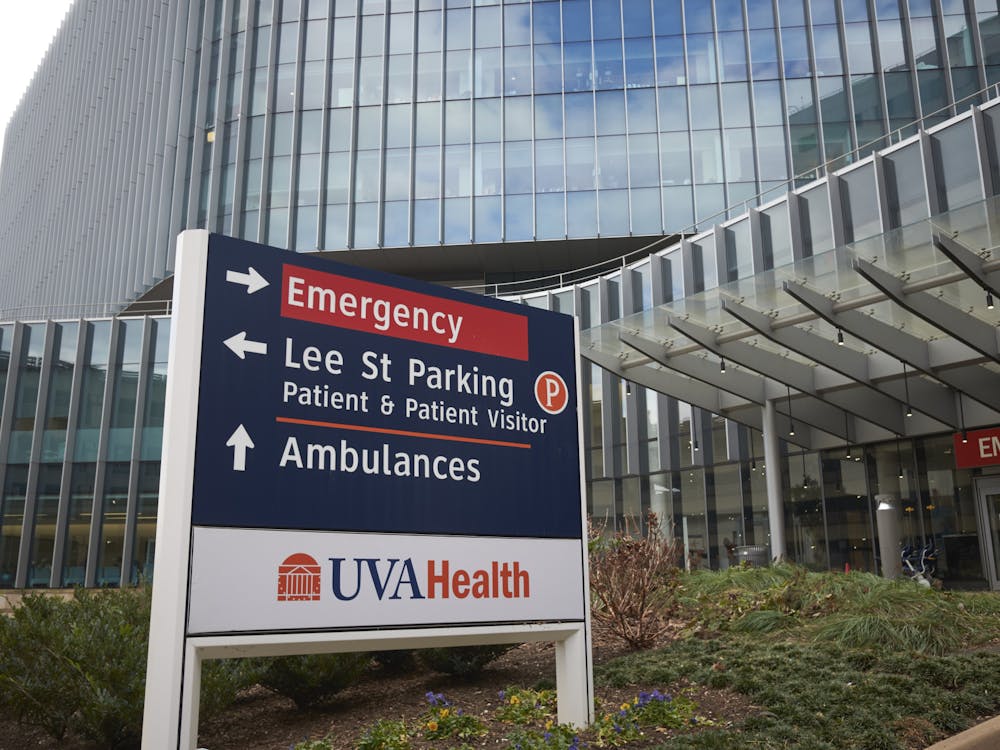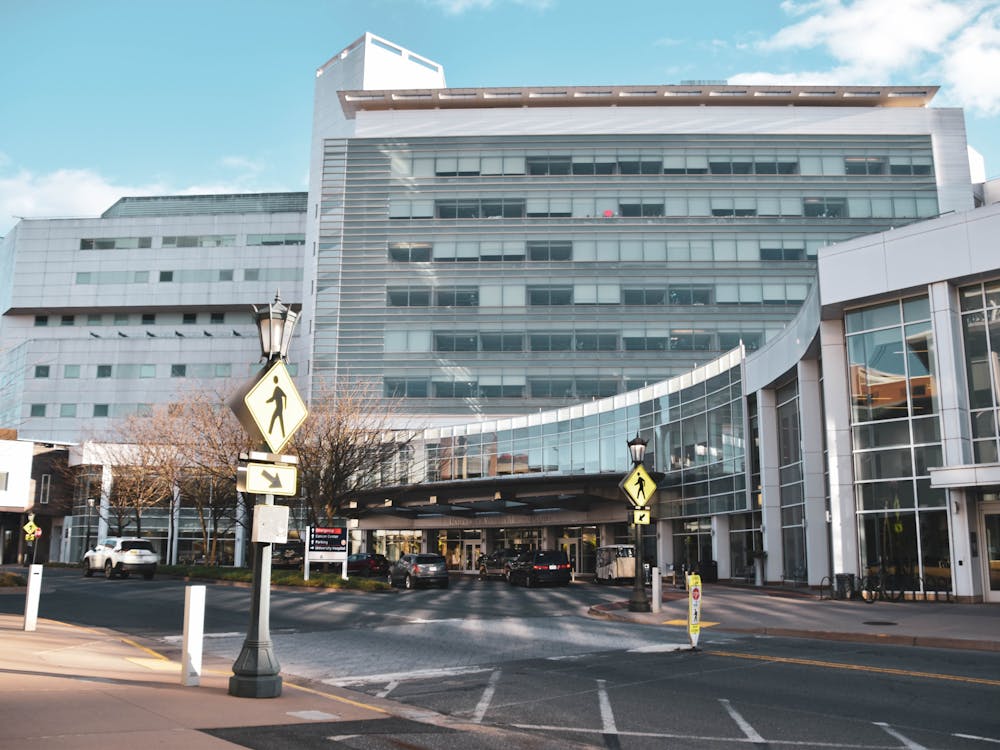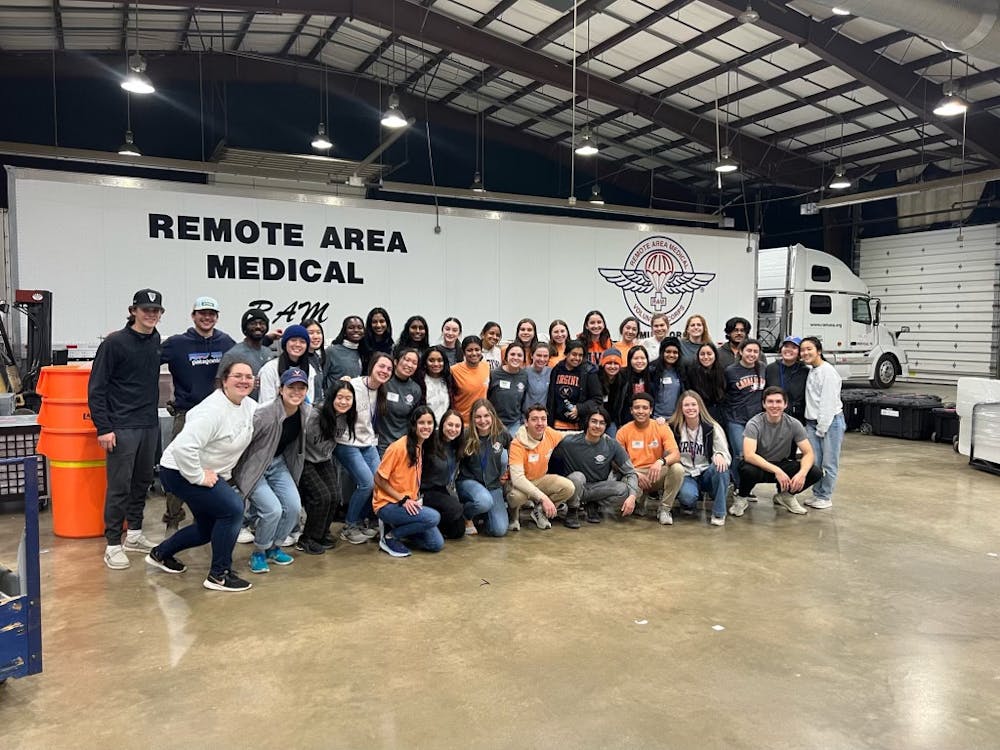New opportunities have arisen to use data science for research that combines the fields of biomedicine and data analysis, alongside the announcement in January that the University is planning a new School of Data Science.
On Jan. 18, the University announced its plans for a new School of Data Science, which will work to shape a new generation of data scientists, with emphasis on skills like computer science, data analysis and statistics.
The importance of these skills is growing exponentially in many fields with the onset of a phenomenon commonly termed the “data deluge,” which is the unprecedentedly large influx of data samples into biomedicine as technology becomes increasingly refined.
The School of Data Science promises opportunities in research especially, such as in labs like those of Jason Papin, director of the U.Va. biomedical engineering graduate program. His lab focuses on systems biology — the holistic approach to understanding complex biological systems — and uses computational methods of analyzing data to create predictive models that deal with illnesses such as cancer and heart disease.
Papin, who oversees a doctorate degree training program for those striving to enter the field of data science, also explained that his students are learning about the unique challenges of the field. The curriculum involves workshops, collaborative science and other courses about big data. Papin said this will only expand with the introduction of the new school. His lab using methods of data analysis — typically used in economics — for biomedical research.
“The new School of Data Science offers opportunities to help build bridges across disciplinary boundaries,” Papin wrote in an email to The Cavalier Daily. “Sometimes there are existing methods in one field that can be used in another field.”
Shayn Peirce-Cottler, a professor in the University’s department of biomedical engineering, also elaborated on the opportunities the school will introduce.
“The school will bring in leading experts and students who are developing tools and approaches that will interface with questions and problems that bioengineers at UVA are tackling,” she wrote in an email.
She explained that the school will allow University students to take new courses and have the chance to become involved in different types of research, especially in areas relating to infectious disease, musculoskeletal disease and cancer.
Last month, the School of Engineering hosted Atul Butte, University of California, San Francisco medical professor and director of the Computational Health Sciences Institute, at the University Health System to share his thoughts on the growing relevance of public data in biomedicine in a lecture titled, “Translating a Trillion Points of Data into Therapies, Diagnostics, and New Insights into Disease.”
The main topic of the lecture was the potential uses of big data that sits in public databases. Butte described his hope for the data in the practice of precision medicine, which he defined as using specific patient measurements to further customize health care. He went on to explain that because of publication requirements for research funded by grants, data from highly distinguished labs is available online to anyone who knows what he or she wants to search. Butte emphasized the level of opportunity that expertise in data science offers.
“All of this data [is] sitting there, waiting for you,” Butte said.
Directors of the Data Science Institute — Don Brown and Philip Bourne — echoed this statement, stating that there are already ongoing projects studying various diseases and disorders in the Data Science Institute, including the Engineering and Medicine Initiative and research on autism. Projects such as these are not only set to continue but to burgeon with the addition of new faculty and researchers from other disciplines and backgrounds.
“The SDS will be a catalyst for this growth because of the new research and teaching positions the school will provide,” Brown said.
Bourne explained, as Butte discussed in his lecture, there will be many opportunities for improving patient healthcare. In developing precision medicine, large numbers of patient responses to different treatments are analyzed to predict individual patient reactions.
“In the proposed School of Data Science we believe that the future of healthcare will very much be determined by the data already collected or data that will be collected in coming years,” Bourne said.





